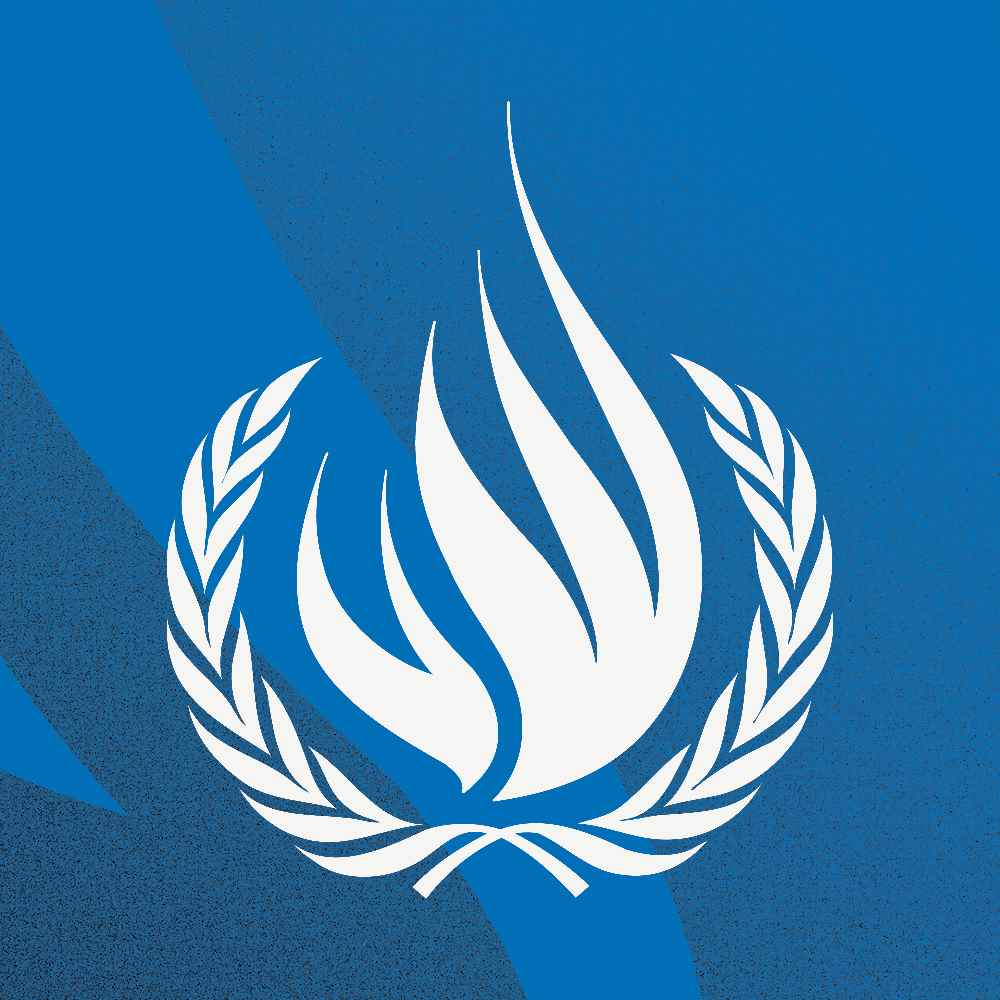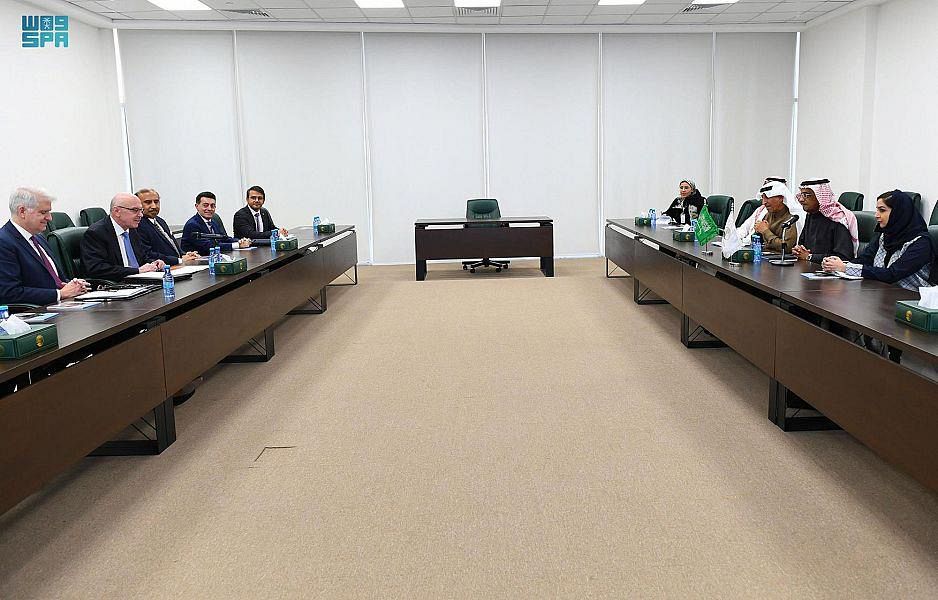
Remarks of ASG Brands Kehris’ at the United Nations Office of Counter-Terrorism Third 2022 Quarterly Briefing to Member States
Excellencies, dear friends and colleagues. I am pleased to once again have this opportunity to engage with you of as 2022 draws to a close and we already preparing for a new year.
2023 is an important year for the UN’s work on human rights and counter-terrorism. It is the eighth review of the Global Counter-Terrorism Strategy and I wish to congratulate Canada and Tunisia on their appointment as co-facilitators. The review is an opportunity to build on the positive human rights gains we had in the seventh review resolution.
Next year is also the 75th anniversary of the Universal Declaration of Human Rights. Our Office has launched a year-long initiative to promote its timeless relevance and we look forward to ways in which to collectively rekindle its spirit and impact. In addition, preparations for the Summit of the Future in 2024 will gain momentum during next year.
Allow me to share some reflections of how the confluence of these significant milestones offer important opportunities to advance changes needed to address the most pressing reforms in human rights and counter-terrorism, even though I have heard we are supposed to look back. We are looking forward. These intersect with key elements proposed by the Secretary-General for the Summit of the Future.
First, a few words on human rights integration and a balanced implementation of the Strategy.
As global peace and security continue to come under threat from terrorism, we need to pay much closer attention to how the interdependency of the UN Charter’s three central tenets – peace, human rights, and development – specifically relate to counter-terrorism measures.
The inherent preventive power of human rights makes stronger human rights integration in counter-terrorism efforts of the UN and Member States imperative.
Human rights should not be an afterthought. They should be a permanent feature in every stage of a counter-terrorism response—from budget allocation to human rights actors being able to contribute meaningfully to States’ counter terrorism responses – as it will make them more effective, impactful, and sustainable.
Our project, entitled “Model National Human Rights-Based Counter-Terrorism Responses”, seeks to support Member States and the UN to achieve this and we will be designing practical and accessible tools in this regard.
Additionally, as we approach the eighth review of the Global Strategy, the issue of balanced implementation of the Strategy is pressing.
For the Global Counter-Terrorism Compact, human rights and gender benchmarks and indicators could help systematize human rights and gender approaches. This would allow the UN system to identify areas of improvement and requisite resources, ultimately ensuring effective gender and human rights integration in all four Pillars of the Compact.
Second, the use of digital technologies and counter-terrorism.
The benefits and transformative power of digital technology is one of our era’s defining element. However, we know and have seen already the negative impact of the use – and misuse – of digital technologies on human rights and the rule of law and their alarming consequences that this has.
The Call to Action for Human Rights highlights the need to minimize such risks and ensure the application of human rights framework to the online digital space. This includes mandating human rights impact assessments of all measures regarding the use of technologies, including surveillance and artificial intelligence. We hope that the impending research results on the human rights aspects of the use of AI in counter-terrorism1, jointly undertaken by OHCHR, UNOCT, and UNICRI, will provide useful guidance.
Additionally, measures to counter terrorist narratives on the Internet should comply with the principles of non-discrimination, freedoms of religion or belief, expression, peaceful assembly, and association, and the right to privacy. OHCHR’s toolkit on ‘Building Human Rights-Based Narratives on Migrants and Migration’ provides a good model on values-based narratives.
Lastly, the relevance of human rights in counter terrorism for future generations.
All these elements—investing in human rights to achieve peace and security, human rights integration, and human rights compliant technological advancements—serve to secure the rights and dignity of future generations. Actions and inactions in response to terrorism have real consequences for people today and generations to come.
We should reflect how the UN could create more space for young people, especially those affected by the impacts of terrorism, to participate in shaping the decisions and actions on counter-terrorism that affect them and their future.
The UDHR75 campaign initiative launched by our office provides us with opportunities to reaffirm our commitment to human rights across UN pillars and across generations. We stand ready to further contribute to our collective efforts to strengthen comprehensive strategy and actions to prevent and combat terrorism, in accordance with international human rights framework.
Thank you.
1/ Expected in Q1 of 2023.







